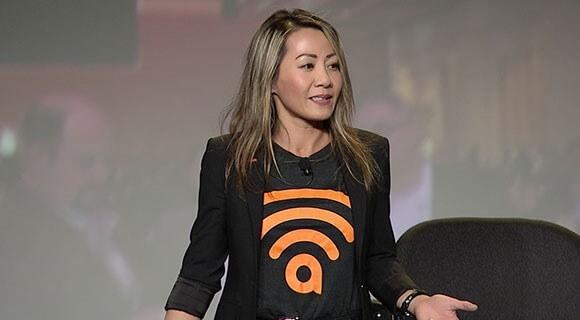
What of the future of work? How do organisations attract and retain the right talent, and how to keep your staff engaged and productive?
Networking company Aruba thinks it has some of the answers, and asked 7 000 employees in 5 000 organisations across 15 countries about their experiences in so-called 'digital workplaces'.
Its thinking is that as organisations increasingly leverage mobility, IOT and artificial intelligence, these technologies will change the way people work. Part of this is what it terms the 'consumerisation of the workplace' as employees, now long used to a technologically enabled home life, demand similar experiences when they arrive at the office.
As the survey shows, employees working in these digital-driven workplaces tend to be more productive and motivated and report a greater sense of wellbeing and job satisfaction.
As Janice Le, Aruba's VP of global marketing says, a digital workspace was not just 'technology for technology's sake'.
"They believe it's going to give them a competitive advantage. The more digital their lives become at work, the more benefits they get from it."
But there are also increased risks: a more connected office is also more open to security breaches.
Digital revolutionaries
Aruba calls employees who work in these digitally enabled offices 'digital revolutionaries' and say they're 51% more likely to report strong job satisfaction and 43% more likely to be more positive about their work-life balance than the 'digital laggards,' or those with less access to technology in the workplace.
The revolutionaries were also 60% more likely to report they are motivated at work and 91% more likely to praise their company's vision.
Those in digital workplaces also said they had noted professional development in their own careers (65%), compared to 31% of the digitally deprived. The revolutionaries also reported an increased ability to adopt new skills (72%), while their counterparts came in at 58%.
Risky behaviour
Le says the survey unearthed the fact that consumer expectations didn't stop at the office door, and that this had implications for IT security professionals. At home, employees believe their computer networks to be safe, and they expect the same at the office. These employees believe that both their home and office networks are secure, and that they don't have to adjust their behaviour to keep their organisation safe.
What's more, they're also more inclined to engage in risky security behaviour.
The survey showed that while 52% of all respondents said that security is never far from their minds, a quarter reported connecting to potentially unsafe open WiFi networks in the past year, and 17% said they had lent their device to someone else. Overall, 70% admitted to some kind of unsafe behaviour, such as sharing or duplicating their passwords, or copying work files onto a personal device.
"Employees don't want to have to think about security," said Le, and they don't want to take security training.
"They don't want to run anti-virus scans on their laptops every month. They should naturally be protected."
One company that has embraced a smart working environment is Deloitte in The Netherlands.
Their 15-floor building has connected coffee machines, printers and lighting, and the 3 300 employees can book a conference room with an app. There are 500 hot desks and the entire building is bathed in high speed WiFi.
As one respondent says of the building: "It's a computer with a roof on it."
* Article first published on brainstorm.itweb.co.za
Share